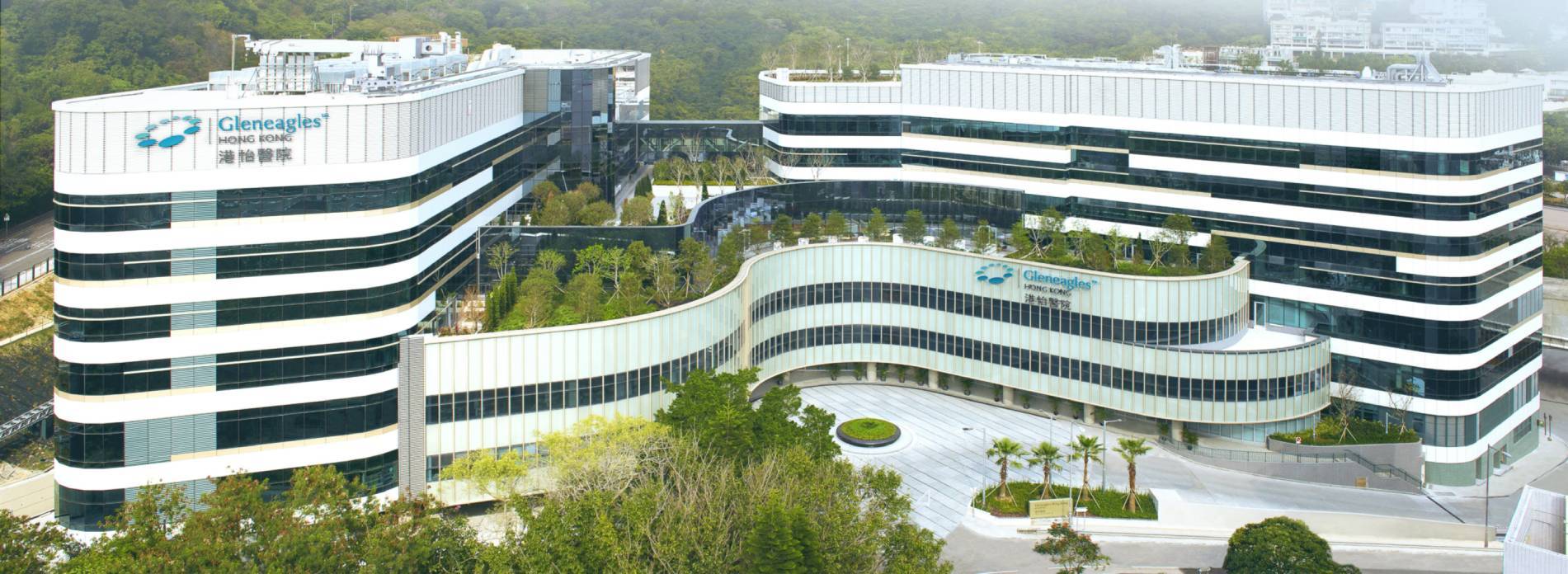Gastro-Oesophageal Reflux in Hong Kong
Gastro-oesophageal reflux (GERD) is less prevalent in Asian patients compared with their Western counterparts. However, the past decade has seen a steady rise in the number of cases in Hong Kong. An important study by Dr Tan and colleagues found that the prevalence of gastro-oesophageal reflux disease (GERD) in Hong Kong has increased by 60% over approximately a decade between 2002 and 2011. The cardinal symptoms of GERD are troublesome acid regurgitation and heartburn. GERD is associated with a number of complications including peptic strictures, oesophageal ulcers, Barrett’s oesophagus and infrequently, but most worryingly, oesophageal cancer. Other symptoms which patients may not normally associate with GERD include throat discomfort, hoarse voice, chronic cough and chest infections.
Although the most serious complications relating to GERD occur uncommonly in Hong Kong, most patients with GERD experience a reduction in quality of life that may lead to poor work performance or even sick leave. Treatment of GERD requires accurate diagnosis as there are effective medications to treat GERD. Hong Kong is part of East Asia, which is an area of high gastric cancer prevalence. This means that US and European guidelines that suggest treatment with GERD medications without need to resort to endoscopy may not be applicable in Hong Kong. A first look gastroscopy may be able to screen for the complications of GERD, detect Helicobacter Pylori infection and screen for gastric cancer at the same time. As GERD in Hong Kong mostly does not result in ulcers or erosions that can be seen on endoscopy, repeated endoscopy is not advised to “monitor” GERD progress or response to treatment. Medications including proton pump inhibitors (PPIs) are the cornerstone for the management of GERD and are very effective. However, many patients, up to 30% locally treated with conventional PPIs continue to experience GERD symptoms. Treatment failure may result from incorrect dosing of PPI, lack of compliance or from misdiagnosis. A recent study by Dr Tan and colleagues presented at an international meeting indicated that in Hong Kong that less than 50% of GERD diagnoses were correct. Management after treatment failure includes reviewing the residual symptoms, consideration of additional GERD medications and further diagnostic testing with manometry and pH studies. 1 in 25 patients will have GERD with moderately severe weekly symptoms in Hong Kong, accurate and early diagnosis with a clinician experienced in GERD conditions is the cornerstone to the successful management of your condition.





